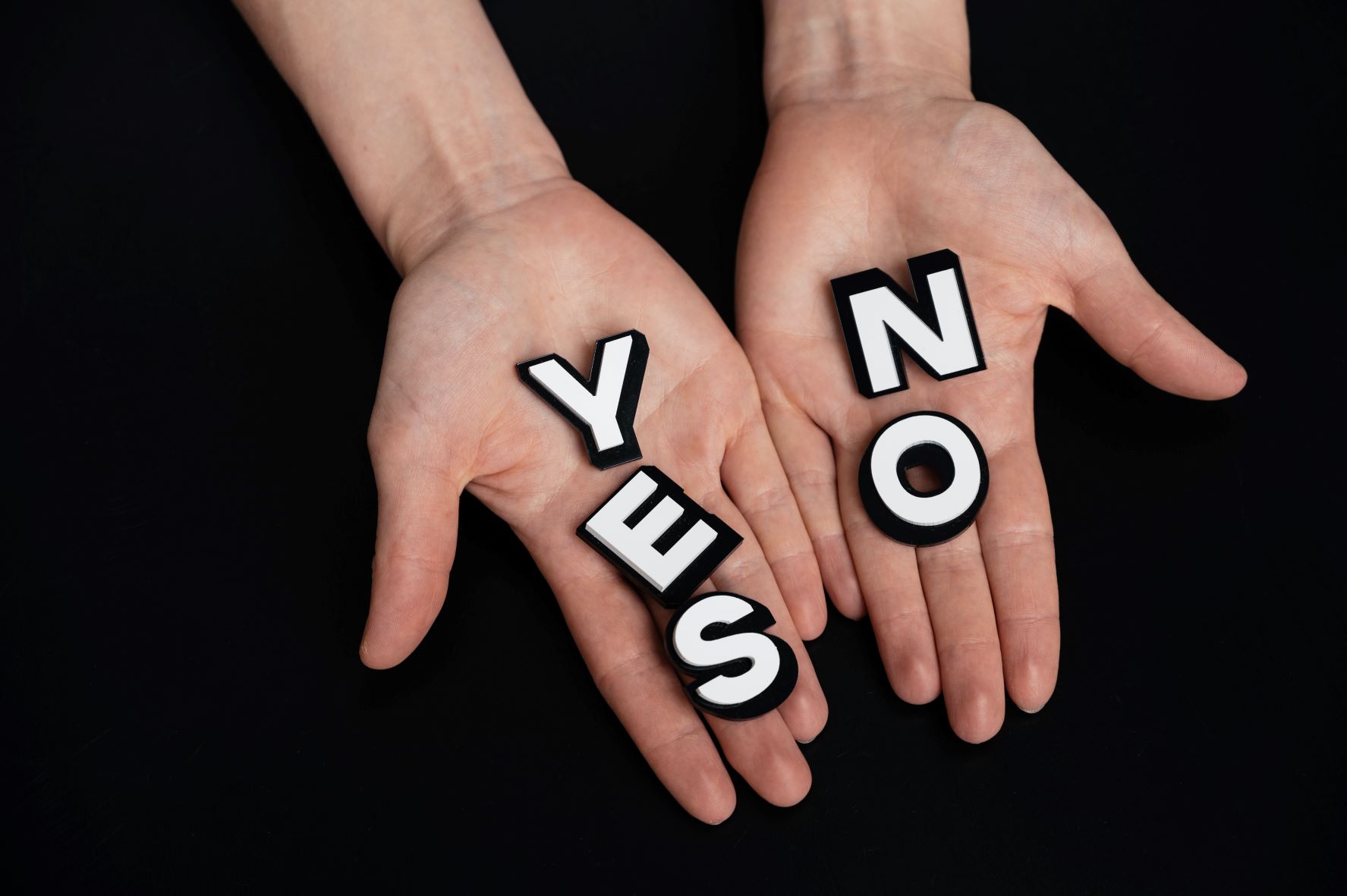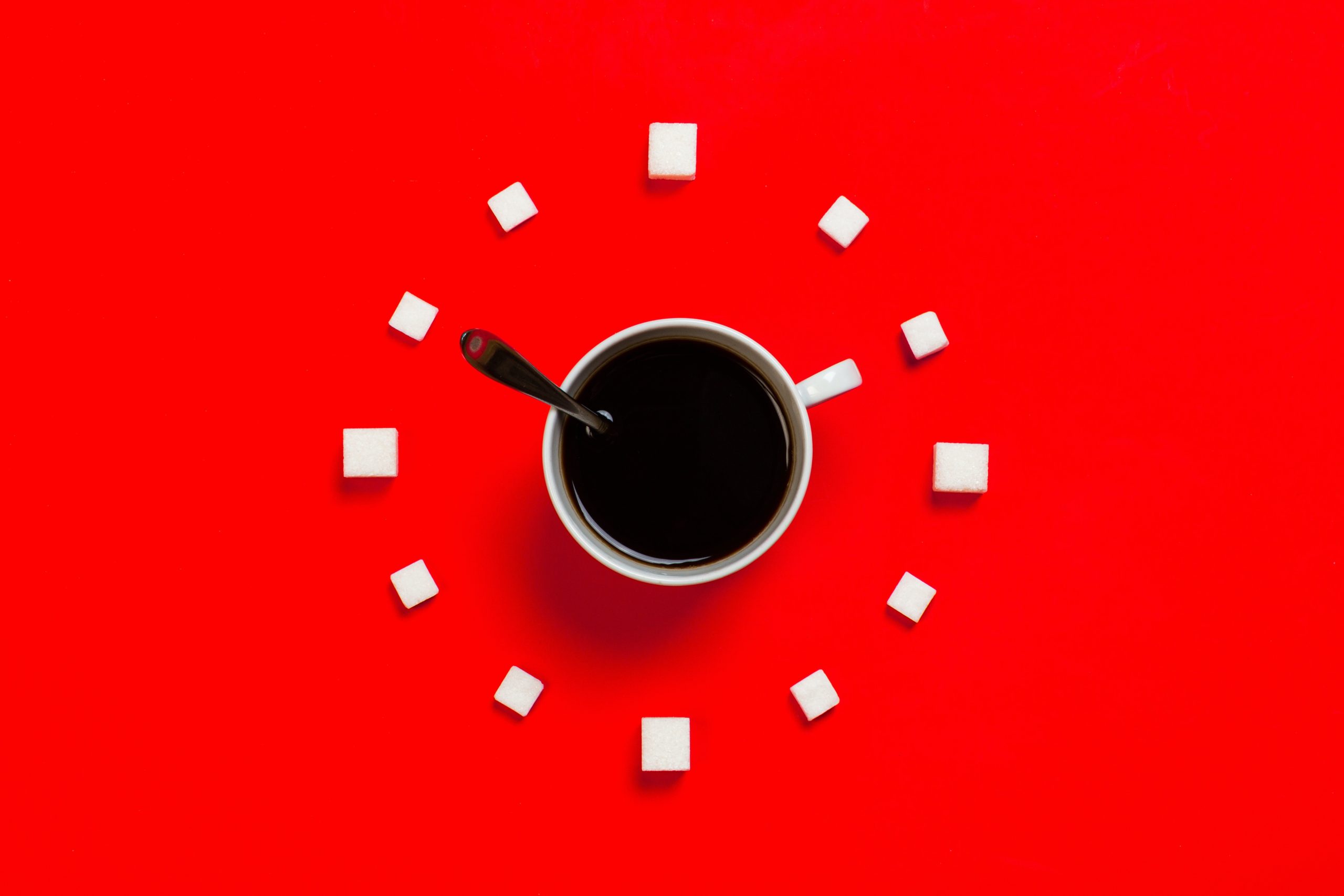The other night my husband asked me what I wanted for dinner.
“I don’t really care. Choose whatever sounds best to you,” I said.
I wasn’t trying to be difficult, but I didn’t have the bandwidth to make another freaking decision. I had spent my day making hefty decisions that had depleted my cognitive ability to next to nothing. By 7p.m., food was food.
I was in the throes of Decision Fatigue.
Each day we make an average of 35,000 decisions. Go ahead. I’ll wait while you start counting… (We make about 226 decisions about food alone each day.)
Each decision we make chips away at our willpower and the mental energy we have available for any cognitive activity.
So that candy bar you snagged at the grocery store checkout? Not your fault. Your brain just made no less than 2,000 decisions while walking through the store – even with a list! – and it is crying for energy. Marketers are well-prepared for this inevitable situation because they are aware your brain is over it. And, it needs a hit of glucose. Voila! Have a Snickers!
What Is Decision Fatigue And Why Does It Happen To All of Us?
It doesn’t matter how smart or efficient you are – you will experience Decision Fatigue.
Decision Fatigue describes how our decision-making declines as we are faced with more choices and our mental abilities get worn down. Decision Fatigue is the reason we feel overwhelmed when we have too many decisions to make.
No matter who you are, you have a limit to the amount of mental energy available to exert self-control and willpower. If you say no to one temptation, you will have less mental energy to say no to the next one. Each temptation or desire you face is a decision you have to make that depletes more energy and makes less available.
Why Do You Feel Exhausted By Decisions?
Your brain gets energy from glucose. It uses that glucose to think, breathe, move… basically keep your body operating all day, every day. And make decisions.
Each choice you make uses some of that glucose. Your brain doesn’t stop working when glucose gets low, but it does start to “economize” on the work it does. This is why your decisions get worse – your brain doesn’t have the glucose to power through the decision-making process.
The more decisions you have to make, the harder each decision becomes because you are taxing your brain’s resources. So, the brain begins to look for shortcuts to preserve what energy is left.
There are two types of shortcuts:
- You act impulsively without thinking through the consequences.
- You do nothing. Instead of agonizing over a decision, you simply avoid making a choice.
Your brain doesn’t care that avoiding a decision may cause bigger problems down the line. What it cares about is that in the short-term it gets a break.
Also contributing to Decision Fatigue is the weight of your decisions. You want to make the “right” one or feel pressure to make “good” decisions. This fear contributes to your resistance to make decisions because you don’t want to give up options.
Decision Fatigue And Burnout
Maybe some lightbulbs are already going off, but when you are experiencing burnout, you are already combatting mental, physical, and emotional fatigue. Burnout already provides the perfect cocktail to make bad decisions.
However, when you are burned out, you have an even smaller well of decision-making energy available – if you have any at all. So, you keep digging a deeper hole for yourself with more poor decisions because the lack of energy in burnout forces your brain to go back-and-forth between making impulsive decisions (just to get something done) or procrastinating a decision (because you don’t have the mental capacity to make one.)
This is why many people in burnout can’t make decisions or feel helpless when it comes to decisions: this build-up of poor decisions leads to outcomes that exhaust you even more. There is never an opportunity to refill that depleted well. Getting out of this rut takes a lot of will and outside support because your perception is also skewed.
Many times, I will advise my coaching clients to delegate work and decisions. While they feel they can still make decisions, they aren’t aware of the decline in quality of their decisions that leads to poorer outcomes. They don’t have the capacity to churn out the quality work and make choices that lead to better outcomes.
Your perception of the world around you is also skewed when you are burned out, which also affects the number and quality of the decisions you can make.
Decision Fatigue Comes From Low Mental Energy And Too Many Choices
Decision Fatigue is about more than being exhausted by making choices, it’s also about how you perceive the world around you and how it perceives you. Do people trust the decisions you make? Do you trust your own decisions? Do you have a history of making good or bad decisions? How often are your decisions challenged?
This extra pressure – especially when you are burned out – can deplete your decision-making energy even faster. It adds more choices to sift through to get to the best one.
Also, the more choices you are faced with in a single decision-making situation, the less energy you will have later. And, you’ll find yourself settling for the path of least resistance (a decision-making shortcut) more often in decisions later on.
It’s also worth noting that people who have to make decisions that are based on trade-offs, will experience Decision Fatigue more powerfully. Making compromises and trade-offs as part of the decision-making process uses more energy.
How Could You Manage Decisions Better In Burnout?
First, I want to acknowledge that feeling that you could be sent over the edge if you have to decide one more thing – is very real. Your stress levels go up – which also uses more brain power to control – and you also have to manage your emotional output. It’s exhaustion on top of exhaustion.
Even when you aren’t burned out, you can’t avoid Decision Fatigue all together. It’s going to happen to everyone no matter who they are. (Also refreshing, I think.)
But, if you are burned out, here are some strategies to consider:
- Prioritize: Consider the types of decisions you want to spend your energy on, so you can reduce the choices you have to make in less important areas. An example of this could be culling your wardrobe to few pieces or wearing the same or similar thing each day. This removes a series of less important decisions.
- Plan: Make smaller decisions ahead of time. Look ahead at your calendar and pay attention to your energy levels, then figure out what decisions you can decide the night before. Things like what you’ll have for breakfast or the best route to take to a client meeting.
- Turn Decisions Into Routines: Routines automate your activities. The more decisions you can make habitual, the less energy you will expend doing them. For example, having a morning routine that you go through without thinking can save you a lot of energy.
- Stay nourished: Remember, your brain needs a steady stream of glucose to function properly. Keep high protein snacks on hand that you can grab quickly to help your brain maintain the energy it needs to make better choices.
Share With A Friend
If you know someone who would be interested in this blog post, share it!






